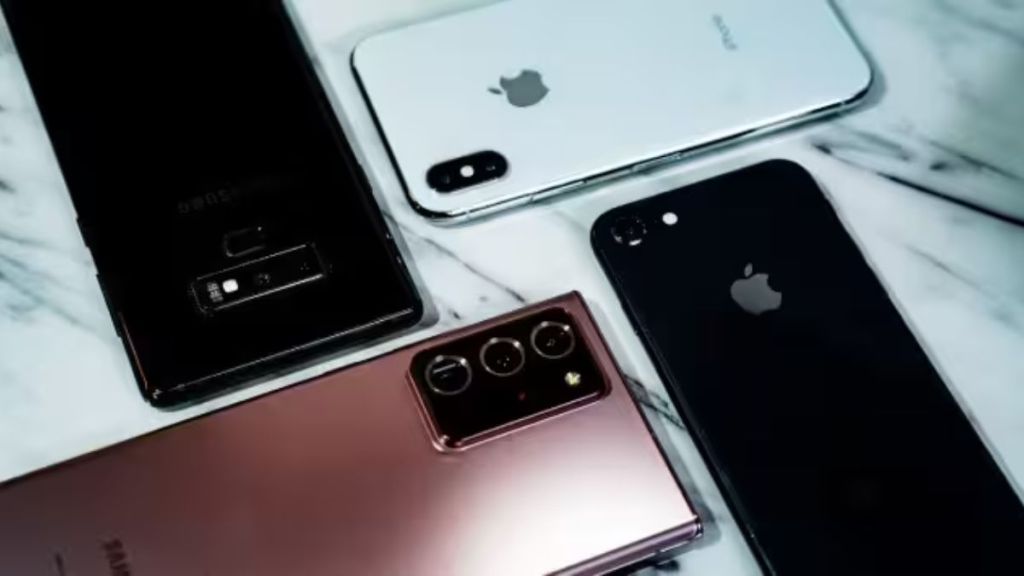In a big relief for global majors like Apple, Samsung, and others, their IT hardware imports comprising laptops, tablets, personal computers and servers, etc will not be subjected to either any licensing or quotas from November 1, as was initially announced by the government.
Sources said that at a meeting with industry representatives on Friday, the ministry of electronics and information technology (Meity) has indicated that the government will move towards a credit-based system whereby these players will have to register themselves under an import management system.
Also, global majors having production bases in China will have to shift their supply chain out from there over a period of time. Those not participating in the IT hardware production-linked incentive scheme will have the option of shifting base to Taiwan or Vietnam. Currently, 85% of the total imports of laptops etc are from China and Hong Kong because even US-based companies have their manufacturing base in these two countries.
Under the credit-based system, manufacturers will be assessed on three criteria: their past year’s imports, progress on domestic manufacturing of IT hardware products, and exports from India. Based on their performance on these parameters the government will allot them credit points which can be used to import laptops and other IT hardware products.
For instance, Apple and Samsung have not applied for the production-linked incentive scheme for IT hardware for domestic manufacturing but are making mobile phones in the country under the smartphone PLI and are exporting in huge numbers. The credit points which will accrue to them due to this will ensure that their import continues smoothly.
Similarly, manufacturers like Dell, HP, Asus, Acer, Lenovo, etc have applied for IT hardware PLI and once their applications are approved by the government, they will start domestic manufacturing and even export. The credit points which would accrue to them will ensure imports for them in the interim.
Among other discussions during the meeting on Friday, the government told the industry that there will be no restriction on equipment imported for research and development (R&D) and testing.
“The import management system is aimed at addressing high dependency on imports from sources that are not fully verified as trusted,” minister of state for electronics and IT Rajeev Chandrasekhar said on Friday. According to him, as the country builds Internet, Indian cloud and data centres, the servers that go into them, laptops, and all similar products should come from trusted sources.
On August 3, the government had announced immediate restrictions on the imports of laptops, tablets, and PCs and notified that the companies will be able to import such products only after a valid licence. However, the very next day upon the request of the industry for a larger consultation, it extended the deadline to November 1.
The government later also said that the communication on import curbs was misconstrued as licensing. “There is no import restriction, what we are saying is that we will have an import management system where we are doubly sure that the equipment, servers, and laptops that are coming into the Indian digital ecosystem are from trusted sources,” Chandrasekhar had said.
India’s electronics imports, which include laptops, tablets and personal computers, stood at $19.7 billion in the April to June period, up 6.25% year-on-year.


